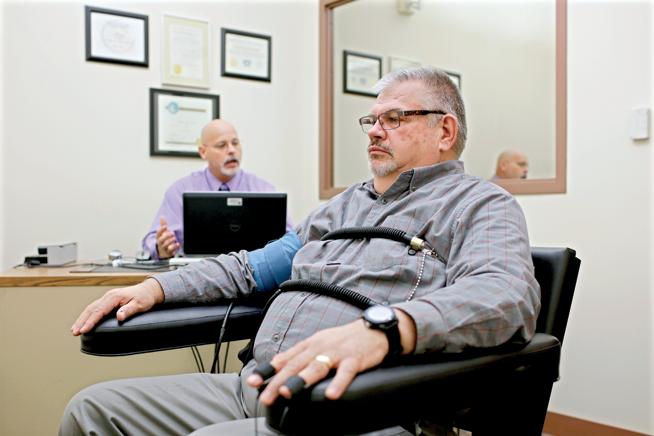Unmasking Deception: The Truth Behind Lie Detector Tests
Unmasking Deception: The Truth Behind Lie Detector Tests
Blog Article

In a world where discerning truth from deception can be a daunting task, the lie detector test has long been hailed as a tool to uncover the hidden truths lying beneath the surface. Used in various settings, from criminal investigations to employment screenings, this test is believed to have the power to reveal when someone is not being completely honest. But how reliable is this seemingly magical device, and what is the truth behind its mechanisms?
Polygraph
Also referred to as a polygraph, a lie detector test operates on the premise that certain physiological changes occur in the body when a person is being deceptive. These changes can include fluctuations in heart rate, blood pressure, respiration, and perspiration levels. By measuring these bodily responses, the test aims to indicate when a person is not telling the truth. While it has been a staple in detective dramas and suspenseful movies, the real-world applications and accuracy of the lie detector test are often a topic of ongoing debate and scrutiny.
History of Lie Detector Tests
Lie detector tests have a long and interesting history dating back to the early 20th century. The first rudimentary lie detector device, known as the polygraph, was developed by John Augustus Larson in the 1920s. Larson's invention laid the foundation for the modern lie detector tests that we are familiar with today.
The polygraph gained popularity in the mid-20th century as a tool for law enforcement agencies to help determine the truthfulness of suspects and witnesses during investigations. Its use expanded beyond criminal investigations to areas such as national security and pre-employment screenings.
Over the years, the reliability and accuracy of lie detector tests have been the subject of much debate and scrutiny. While proponents argue that polygraphs can be valuable tools in detecting deception, critics point to limitations in their accuracy and susceptibility to manipulation. Despite these criticisms, lie detector tests continue to be used in various settings to assess truthfulness.
Accuracy of Lie Detector Tests
When it comes to the accuracy of lie detector tests, there is much debate in the scientific community. Proponents believe that these tests can accurately detect deception based on physiological responses such as changes in heart rate, blood pressure, and perspiration levels.
However, critics argue that the accuracy of lie detector tests is not always reliable due to various factors that can influence the results. These factors may include the individual's mental state, anxiety levels, and even the skill of the person administering the test.
Overall, while lie detector tests can sometimes be a useful tool for gathering information, it is essential to approach the results with caution and consider them as just one piece of the puzzle when trying to uncover the truth behind deception.
Controversies Surrounding Lie Detector Tests
One controversial aspect of lie detector tests is their accuracy. Critics argue that these tests are not foolproof and can be influenced by various factors, such as the individual's emotional state or the skill of the examiner. This has led to questions about the reliability of relying solely on polygraph results to determine the truth.
Another contentious issue surrounding lie detector tests is their admissibility in court. While some jurisdictions allow polygraph results as evidence, others consider them unreliable and inadmissible. This inconsistency in legal acceptance has sparked debates about the validity and usefulness of using lie detector tests in judicial proceedings.
Ethical concerns also arise in relation to lie detector tests. Critics argue that subjecting individuals to such tests can violate their right to privacy and autonomy. Additionally, the potential for false positives or negatives in polygraph results raises ethical dilemmas about the consequences of wrongly accusing or exonerating someone based on these tests.
Report this page